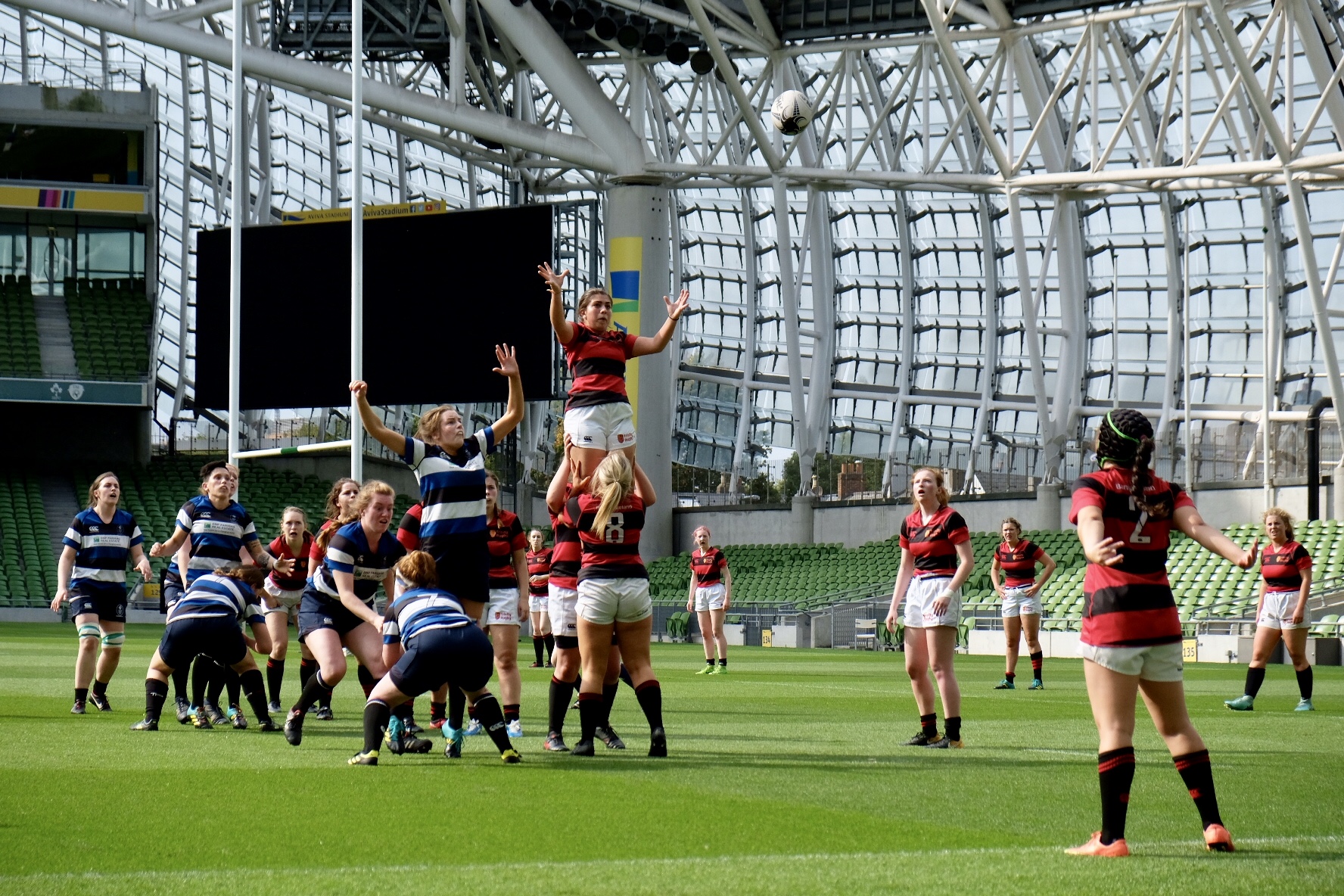“Rugby is a hooligan’s game played by gentlemen”. This age-old maxim has been used to describe the respectful nature that accompanies one of the most physically brutal ball sports out there. Second rows who are built like skyscrapers defer to the voice of the referee with barely a word of protest and retreat to the safety of their comrades with a quick ‘won’t happen again, sir’. These traits of respect for the referee and for other players are things we should aim to highlight in the sporting idols for future generations. But while professional players are habitually respectful, rugby fans are a different story altogether.
While questions have always been raised about the accessibility of rugby at local and domestic levels, on the international stage it has often been hailed as a game that has celebrated unity. It is one of a handful of sports where Ireland competes as a united nation; the British and Irish Lions allow rival fans and players alike to put away their different kits in favour of the singular red jersey. Rugby stadiums don’t segregate the fans into home and away ends, confident that the tensions of the on-field action will never spill over into the crowd, a sentiment not shared by football stadiums. These are the elements of rugby that harken back to the pithy description of the beautiful game. But more and more in the modern game, we are seeing divisiveness and bitterness. In the same way that players respecting the referee encourages similar behaviour among the rugby community, the homophobic comments of players such as Israel Folau and Billy Vunipola equally sends the message that rugby is not a game that welcomes the LGBTQ+ community and informs the opinions of fans, young and old.
Hate and bitterness is growing in the sport but it has not appeared out of nowhere. One recent example is England and Scotland’s recent Calcutta Cup clash, where England eked out a 13-3 win over their hosts in horrendous conditions. Owen Farrell was met with a chorus of boos every time he approached the kicking tee, rather than the traditional silence expected before a goal-kick. England’s head of performance, Neil Craig, was also hit in the head with a beer bottle as the team exited the bus outside Murrayfield. This behaviour has been denounced by the British media with Scotland being held out as the inventor of bad sportsmanship. Little mention has been given to the English fans who booed Jerome Garces after they lost the Rugby World Cup final in November or the comments Eddie Jones made about Ireland and Wales in 2018, referring to them as ‘scummy Ireland’ and a ‘little shit place’ respectfully. The home of rugby union has, more often than not, been the instigator of this poor sportsmanship and it would appear that they are unhappy with the consequences of their actions.
“The problem with this behaviour infiltrating the professional game is that it trickles down and becomes the norm at lower domestic levels.”
The problem with this behaviour infiltrating the professional game is that it trickles down and becomes the norm at lower domestic levels. Ireland has prided itself on the young talent it produces from the various provincial cup competitions, with many star players making their way into rugby academies. However, the reputation of schools rugby, in particular the Leinster Senior Cup, has been getting progressively lower in recent years due to the shocking behaviour from fans. In 2018, the cup made the headlines for all the wrong reasons as students from rival schools got into a brawl outside Energia Park, home to most of the fixtures. This year, the issues have been seen more inside the stands than out of them. Supporters, made up of both past and current students, have been hurling abuse at their opponents’ fans on the other side of the gantry or even at players.
These problems have permeated the competition to such a degree that the Leinster branch of the Irish Rugby Football Union (IRFU) wrote a letter to the eight schools with teams competing in the quarter-finals asking them to speak to all supporters about the consequences of anti-social behaviour and drinking. The letter went on to say that the incidents have become so prevalent that Gardaí have asked that action be taken about future issues. However, not even a week later, Owen Doyle, writing for The Irish Times, made reference to comments he overheard in the stands such as ‘your father works for my father’. Other incidents have included leaning over nearby barriers to harass wingers or hookers who make the mistake of trying to play the game or lighting fireworks and smoke bombs in the stands. This behaviour is not in the spirit of rugby or any sport but also reinforces the stereotype that rugby is only a game for arrogant private school students and remains inaccessible for anyone else.
“Rugby has glided through recent years with relative impunity due to its history and traditions of respect and courtesy, on and off the pitch.”
There is likely to be a ‘not all fans’ type response to all of these behavioural issues but that will do little to address the root of the problems. Rugby has glided through recent years with relative impunity due to its history and traditions of respect and courtesy, on and off the pitch. But it is becoming more apparent that this is not enough. Steps are required by the relevant governing bodies to actively ensure that the principles that the sport was founded on are maintained, at every level from Senior Cup to World Cup. If those standards continue to slip, the witty maxims about the game are likely to change for the worse.






